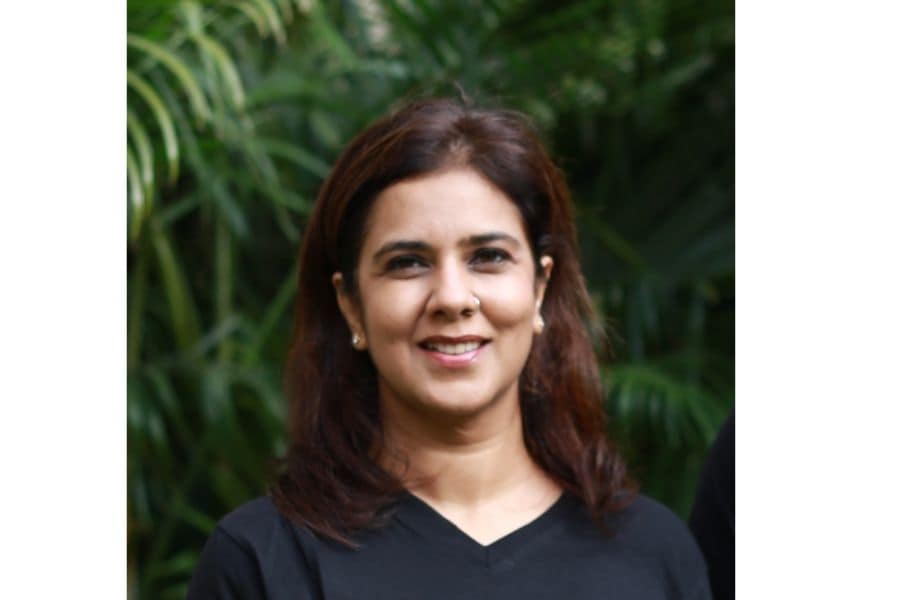
New advertisers need to genuinely believe in responsible advertising: ASCI CEO
Manisha Kapoor, who has been associated with the industry body since 2015 says that she is looking to spearhead various education and advisory-related initiatives

Manisha Kapoor, CEO, The Advertising Standards Council of India
Advertising industry regulator The Advertising Standards Council of India (ASCI) has elevated its secretary general Manisha Kapoor as CEO. The newly created role is aimed at making ASCI future-ready as it plans to go beyond its mandate of tracking and flagging misleading ads across sectors.
Kapoor, who has been associated with the industry body since 2015, says that she is looking to spearhead various education and advisory related initiatives being planned. In an exclusive interaction with Storyboard18, she talks about the new role, challenges and how technology is changing the way brands advertise.
Edited excerpts.
Q. What was the need of this new role?




